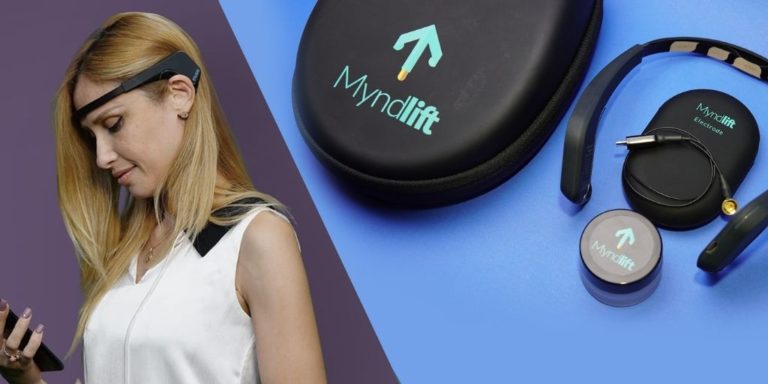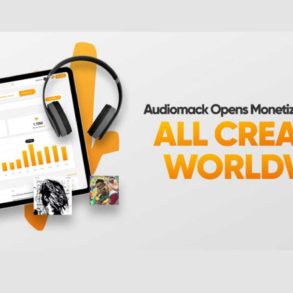Neurofeedback, which is also known as Electroencephalographic (EEG), can be used to improve mental health. Myndlift has brought neurofeedback closer to the user through wearable devices like headsets that measure and sense brain activity. This makes the technology accessible and more affordable for people to use. Neurofeedback involves training the brain to regulate itself and reach a healthier state using games or videos. This training then results in better focus, optimizing mental state, and reduced anxiety, in an objective and data-driven way.
Neurofeedback was initially available at specialized clinics but this innovation by Myndlift CEO Aziz Kaddan and cofounder Anas Abu Mukh has brought a big change. Myndlift is more data-driven and it comes in with more advantages compared to the traditional conversations with therapists. More changes and improvements are possible along the way to improve the general wellbeing of a patient with brain data.
Read: Cardiovascular Patients can utilize digital health by using smartwatches to measure activity.
“Myndlift makes EEG technology completely portable and allows you to practice neurofeedback from the comfort of your home. All users need is the MUSE headset, an electrode that can be placed anywhere on the scalp, and access to the Myndlift app. While playing games through the application, the headset uses EEG to monitor and regulate the brain’s activity. Additionally, continuous support and progress updates are provided by an allocated neurofeedback therapist, either remotely or in person. They personalize your training program according to your needs, monitoring your data, and making adjustments accordingly,” says CEO Aziz Kaddan.
Myndlft, the potential drug-free solution was designed with input from medical practitioners, software engineers, and designers. Aziz Kaddan believes the app-based, wearable neurofeedback solution, coupled with tailor-made mobile games can increase attention levels with 10 minutes of playtime per day.
The founders believe this product will be able to help those with other disorders such as depression, PTSD, and Alzheimer’s. The product is already bringing good to people and hope it gets more exposure for people to understand the mission, and help achieve the big dream to make mental health data-driven.
Read the Full Article on Health Tech Digital

